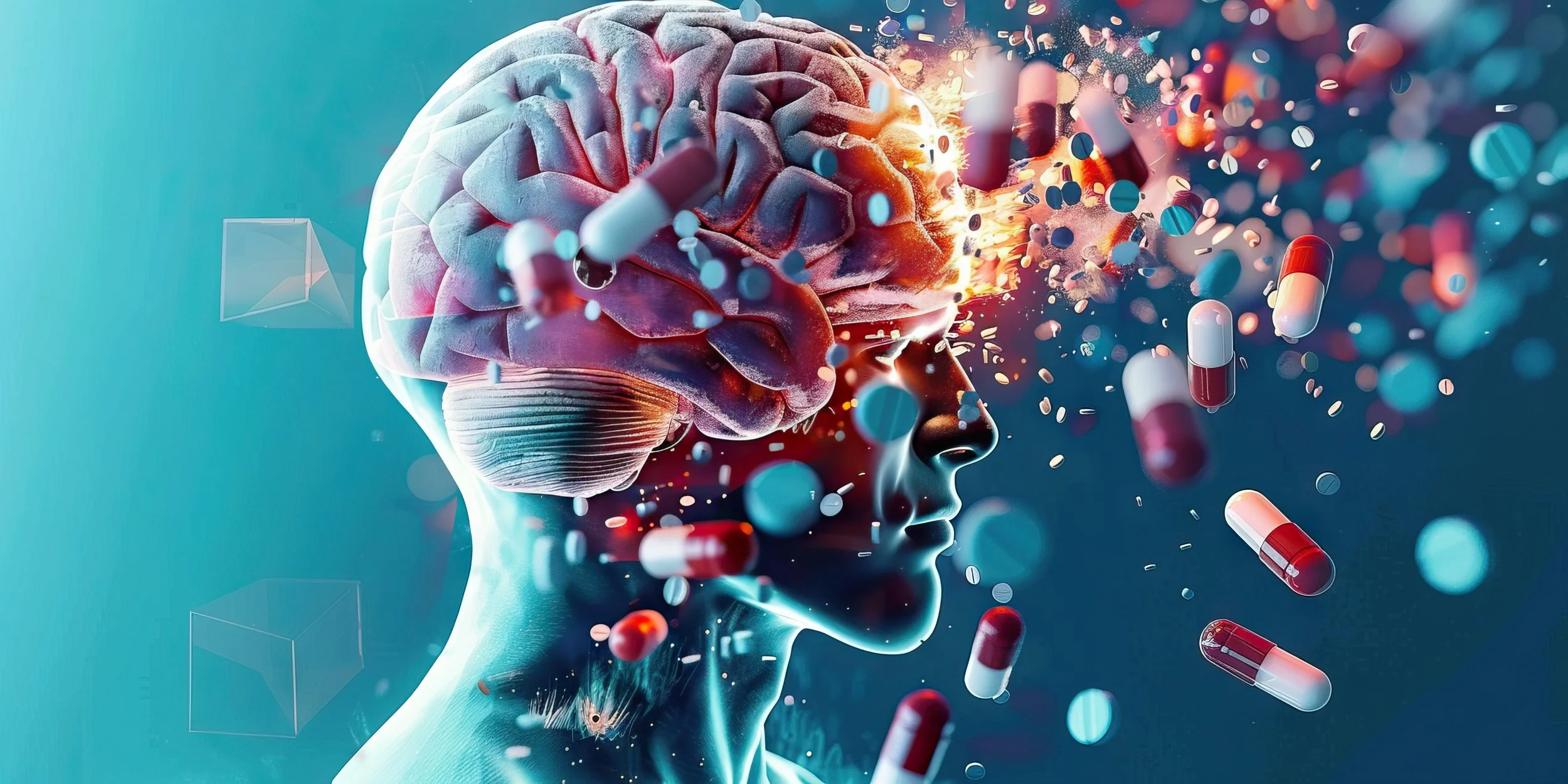The Truth About ADHD, Self-Medication, and the Role of Stimulant Medication
Attention-Deficit/Hyperactivity Disorder (ADHD) is often misunderstood, not just by the general public, but sometimes even by those who live with it. One of the most damaging misconceptions is the idea that people with ADHD who are prescribed stimulant medication are at a higher risk of developing an addiction. This myth has led to misinformed fears and hesitation around getting the appropriate treatment, particularly amongst parents with children struggling with ADHD. In reality, the relationship between ADHD, substance use, and stimulant medication is much more nuanced—and the truth is that proper treatment can actually reduce the risk of substance abuse.
The Link Between ADHD and Substance Use
People with ADHD are often at a higher risk of developing substance use disorders, but not for the reasons many might think. The impulsivity, distractibility, and restlessness that characterize ADHD can make it difficult for individuals to manage daily stressors. As a result, they might turn to substances like alcohol, nicotine, or illicit drugs to self-medicate, seeking relief from their symptoms or simply trying to calm their minds.
Self-medication can provide temporary relief, but it often leads to a cycle of dependence and worsening symptoms. For many, this is the first step down a path toward substance use disorders, as the temporary relief quickly gives way to addiction.
Stimulant Medication: A Protective Factor, Not a Risk
The idea that stimulant medications, such as Adderall or Ritalin, increase the likelihood of addiction stems from a misunderstanding of how these medications work. While it's true that these medications can be misused when not prescribed or used properly, when prescribed and managed correctly by a healthcare professional, they play a crucial role in managing ADHD symptoms.
Research has consistently shown that individuals with ADHD who receive appropriate treatment with stimulant medication are less likely to develop substance use disorders. This is because these medications help address the core symptoms of ADHD—impulsivity, inattention, and hyperactivity—allowing individuals to gain better control over their behavior and make healthier choices.
By improving executive functioning and reducing the need to self-medicate, stimulant medications help individuals with ADHD navigate their lives more effectively. They’re better able to focus, regulate their emotions, and engage in positive coping strategies, reducing the overall risk of turning to substances as a way to cope.
Dispelling the Myths
The myth that stimulant medications cause addiction likely arises from the misuse of these drugs by people who don’t have ADHD. In individuals without ADHD, stimulants can create a sense of euphoria, leading to misuse and addiction. However, when taken as prescribed by someone with ADHD, these medications have a calming, focusing effect, which is vastly different from the experience of someone using the medication without a medical need.
Moreover, the doses prescribed for ADHD treatment are carefully determined to balance effectiveness with safety, minimizing any potential for abuse. The goal is to provide just enough stimulation to help the brain function optimally, rather than to create a "high."
The Importance of Proper Treatment
The key to reducing the risk of substance abuse in individuals with ADHD is proper diagnosis, treatment, and ongoing management. This often includes a combination of medication, behavioral therapy, and lifestyle changes, tailored to the individual’s needs. By addressing ADHD symptoms directly and providing individuals with the tools they need to manage their condition, we can significantly lower the risk of substance use disorders.
It’s crucial to break down the stigma and misconceptions surrounding ADHD and stimulant medication. Understanding that these medications, when used correctly, are a protective factor rather than a risk can encourage more people to seek the treatment they need without fear.
Takeaways
ADHD is a complex condition that requires a thoughtful and comprehensive approach to treatment. While the fear of addiction is understandable, the reality is that stimulant medications, when prescribed and used appropriately, do more to prevent substance abuse than to cause it. By dispelling the myths and embracing the science, we can help more people with ADHD live healthier, more fulfilling lives.

